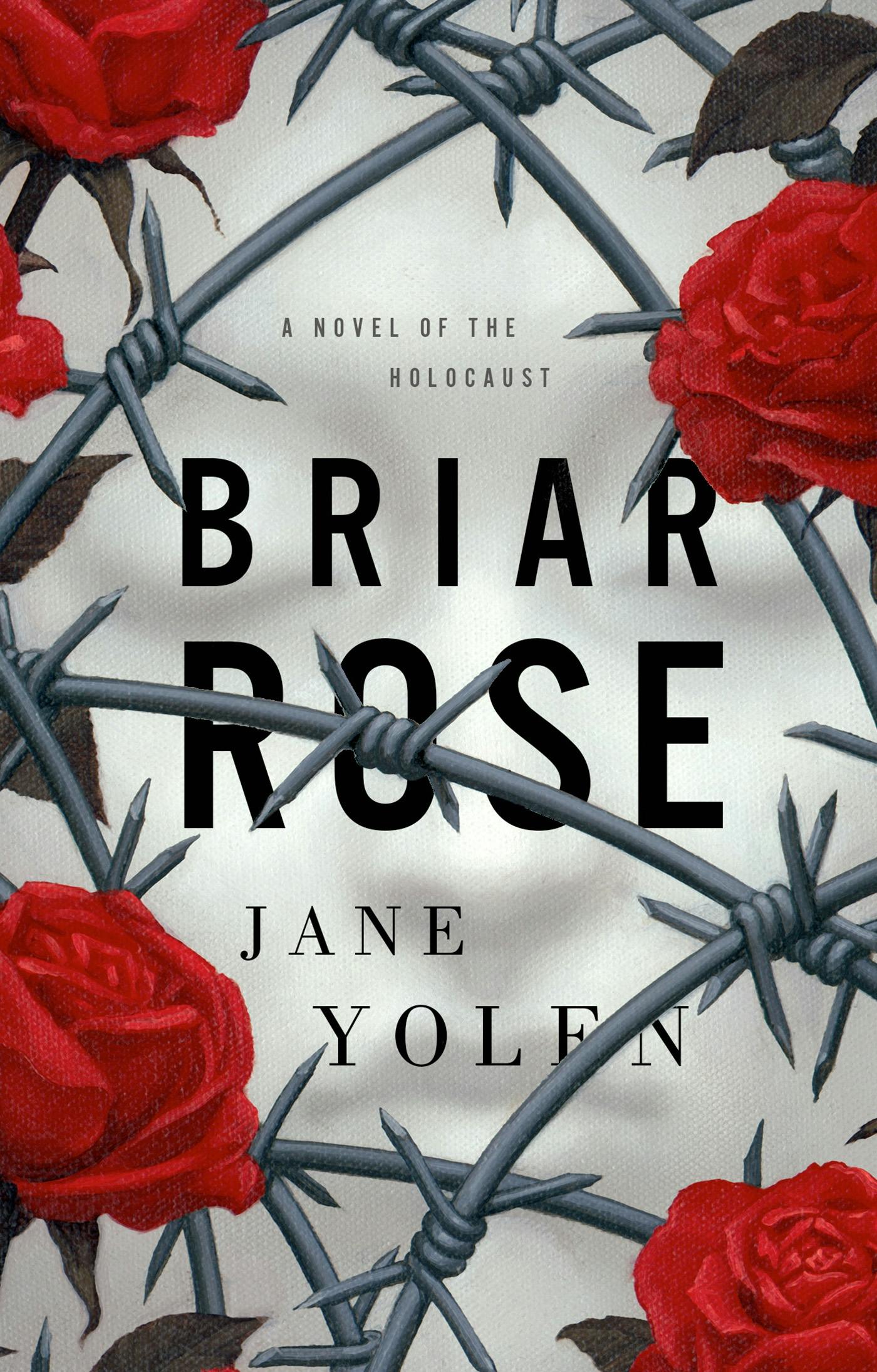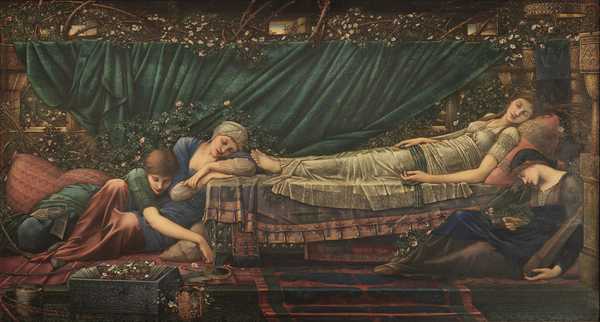Jane Yolen’s Briar Rose is one
of a series of re-told fairy-tales created by Terri Windling, who states in the
foreword, “For countless centuries, storytellers have used the richly symbolic
language of fairy tales to explore all the dark, and bright, and shades of gray
of the human experience. Jane Yolen knows this better than most. And does it better
than most.” Yolen takes the story of Briar Rose (also known as Sleeping Beauty)
and links it to the Holocaust in ways that seems perfectly feasible while simultaneously
fantastical. It is a Young Adult novel, with simplistic and unrealistic plot
devices and characterisation, but it is also interesting reading for anyone who
understands the power of the land of make believe.
Rebecca Berlin (Becca) is a young woman who has grown up hearing her
grandmother (Gemma), always telling the same story, Briar Rose, in exactly the same words. No one knows much about
Gemma, but after her death, Becca finds a box of personal effects which leads
her to think there may be a war-time past. Her editor, Stan, encourages her to
go to Poland to seek out the mysterious past of her grandmother. With the ease
of stories over reality, he arranges her travel and translator through his
journalistic contacts, so that when Becca reaches Poland she is assisted by a
woman named Magda an incredibly hospitable tour-guide, translator, and unlocker
of gates both literal and metaphoric.
They conveniently find a man, Josef Potocki, who knows Gemma’s story,
which he relates to them in the middle third of the book – a story within a
story, within a story. It transpires that the castle is a concentration camp, the
brambles are barbed wire, the sleeping beauty is gassed, and the prince’s kiss
is the breath of life. Tales are told as a means of coping with events, and if
they are painful and don’t provide relief, one wonders what is the point. Becca
is desperate to paint herself as the heroine in this tale; the Cinderella of
the story. She can’t wait to return to America and boast to her sisters that
she found the truth, even though they thought she was crazy for trying – yes, there
are two of them with similar names (Sylvia and Shana) and she is the youngest.


No comments:
Post a Comment